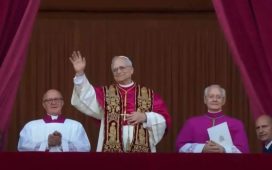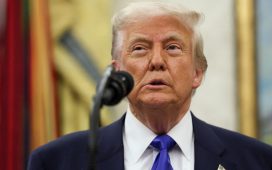
Gadkari further said that India no longer needed subsidies on EVs as it was now for the people to start accepting the vehicles. He added that GST on petrol and diesel vehicles is 28 per cent and 5 per cent for EVs, which was enough of an incentive. “When we increase the number of electric vehicles, the cost of vehicles will reduce. Cost of lithium-ion batteries will reduce. When lithium-ion batteries come down, cost of petrol and diesel vehicles will go up,” said Gadkari.
He said that with technology, the EV sector was growing. India will soon have better EV charging point infrastructure, he added. Gadkari also said that the ministry was working on decarbonising the trucking sector.
He said that bus stops on highways would soon have electric charging points so that long-distance e-busses would not face any difficulties.
Talking about the country’s potential in green energy, Gadkari said that he wanted India to become the top manufacturer of lithium-ion batteries in the next five years. He also added that the aim was for the country to become the top producer of green-fuel automobile, which include electric vehicles and CNG -run vehicles.
He said that automobile companies would be attracted to manufacturing in India as it was a low cost country. He added that the country has a positive potential in domestic and international market
“Cost of production is less, labour cost is less, and raw materials cost is less here. We will cut down auto component costs by 30-40 per cent,” he said.
He added that automobile imports will decrease annually from here on. “Every year our imports of automobiles will reduce. We have to reduce cost without compromising quality. Our growth has increased by twice or thrice in the last few years and the quality has improved. That is the reason world market has already accepted made in India products,” said Gadkari










